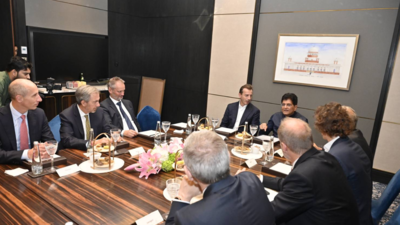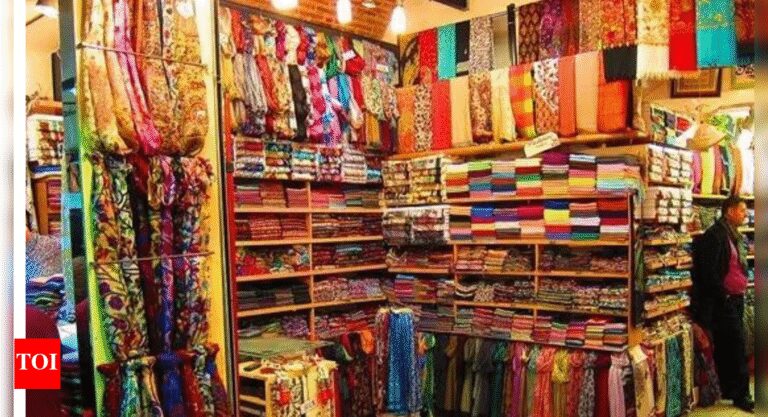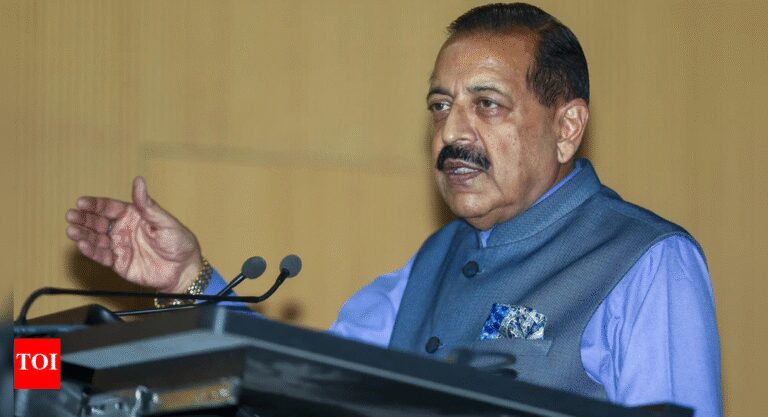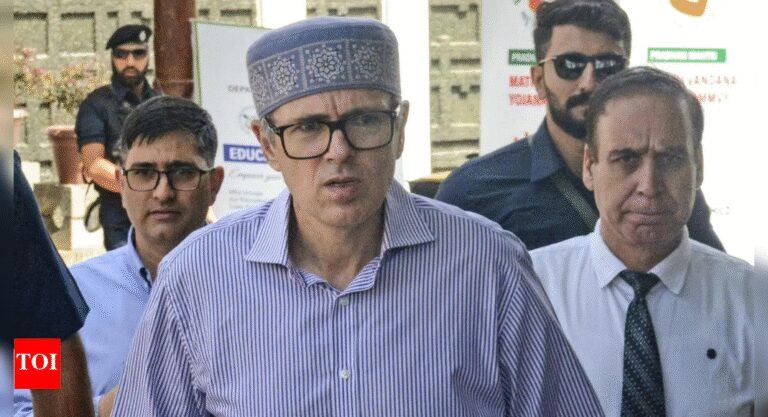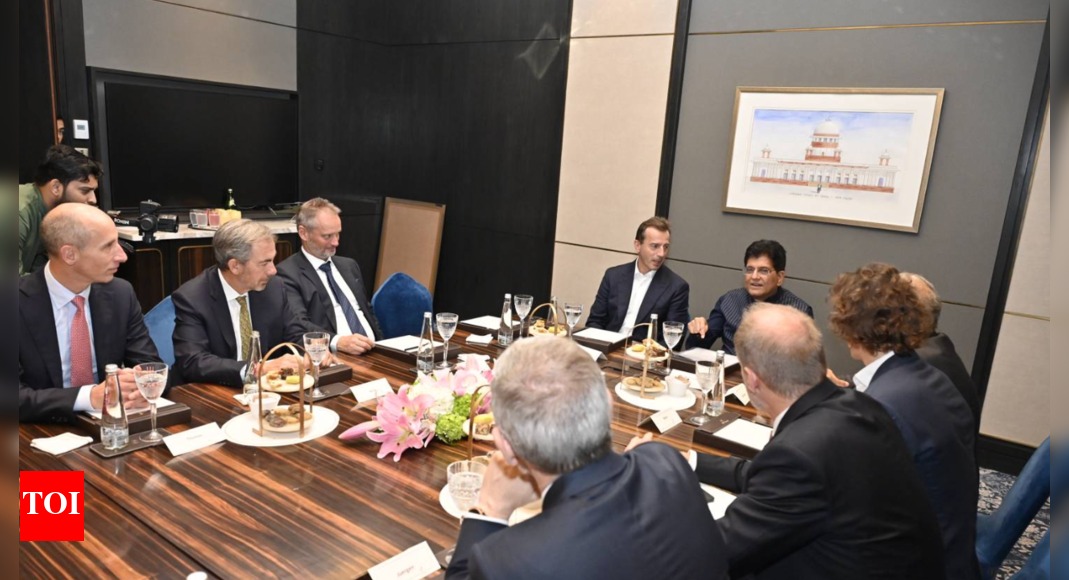
NEW DELHI: Commerce and Industry Minister Piyush Goyal conducted meetings with Airbus Board members, headed by Chairman Rene Obermann, discussing investment prospects and related matters in India.“Welcomed the @Airbus Board, led by their Chairman, Mr. René Obermann to India. We had an engaging discussion on the tremendous opportunities offered by Bharat and the strong, growing partnership between Airbus and India’s aviation sector,” said Goyal in a post on X.Further insisting on better ties in future, he added, “Also, encouraged their plans to further deepen collaboration and increase investments in India, a testament to the strength and potential of India’s aerospace sector.”Airbus, with substantial involvement in India’s civil aviation and defence sectors, is establishing two Final Assembly Lines: one for H125 helicopters and another for C295 military aircraft, both in partnership with Tata Advanced Systems Ltd.The aircraft manufacturer’s board of directors convened their meeting in the national capital this week, marking their first board meeting in India since beginning operations here 60 years ago.Indian carriers IndiGo and Air India have collectively ordered more than 1,000 aircraft from Airbus.Last year, Air India placed an order for 100 Airbus aircraft, including 10 widebody A350s and 90 narrowbody A320 Family jets, such as the A321neo.In 2023, IndiGo followed with a record-breaking order for 500 Airbus A320 Family aircraft, the largest-ever single aircraft purchase by any airline with Airbus. The agreement was signed on June 19 at the Paris Air Show in the presence of IndiGo Chairman V. Sumantran, CEO Pieter Elbers, Airbus CEO Guillaume Faury, and Airbus Chief Commercial Officer Christian Scherer.Deliveries under IndiGo’s order are scheduled between 2030 and 2035, marking not only the airline’s biggest order to date but also a historic milestone for Airbus.Meanwhile in March this year, Airbus CEO Guillaume Faury announced plans to substantially increase their annual procurement of components and services from India, targeting $2 billion before 2030.

